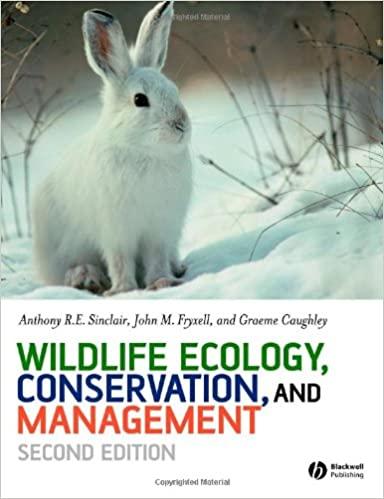Answered step by step
Verified Expert Solution
Question
1 Approved Answer
Question 2 3 ( 1 point ) Which of the following, A , B , C , D , or E , is not a
Question point
Which of the following, A B C D or E is not a strategy for changing and strengthening organizational culture identified in the text?
Question options:
Reducing the number of stories and symbols used
Supporting workforce stability and communication
Aligning artifacts with the desired culture
Modeling desired behaviours by organization leaders
Introducing culturally consistent rewards
Question point
Which strategy for merging two distinct organizational cultures results in one organization imposing its culture on the acquired firms culture?
Question options:
separation
deculturation
assimilation
integration
Question point
Which form of departmentalization increases the risk of duplication and underutilization of resources?
Question options:
Simple structure
Network structure
Functional structure
Divisional structure
Alliance structure
Question point
One problem with a functional structure is that:
Question options:
it is more difficult to directly supervise employees within each department
it emphasizes subunit goals more than organizational goals
employees have difficulty creating career paths within their area of knowledge
it makes it difficult to permit greater specialization of skills
it prevents companies from creating economies of scale in their talent pool
Question point
What is the term for the degree to which the organization has official rules, regulations, and procedures?
Question options:
formalization
complexity
centralization
standardization
decentralization
Question point
The deepest element of organizational culture is:
Question options:
values
language
stories
assumptions
artifacts
Question point
Which structure is best when technology becomes more routine?
Question options:
product
mechanistic
matrix
organic
hybrid
Question point
Which of the following characterizes a flat organization structure?
Question options:
wider spans of control
longer communication channels
closer supervision
narrower spans of control
formalization
Question point
What is the term for the degree to which the organization pushes decisionmaking authority to those at lower levels in the organization?
Question options:
mechanistic
formalization
complexity
decentralization
centralization
Question point
If an organization needs to be adaptive and flexible it would likely develop aan organization design.
Question options:
organic
bureaucratic
mechanistic
traditional
classical
Question point
Which strategy for merging two distinct cultures is most effective when the two companies have relatively weak cultures with overlapping values?
Question options:
Integration
Deculturation
Assimilation
Separation
Question point
The main purpose of a bicultural audit is to:
Question options:
identify and diagnose differences in the corporate cultures of merging organizations
determine whether your companys organizational structure is sufficiently strong
find out whether people from different countries have the same corporate cultures
teach new employees the organizations dominant cultural values
estimate the number of dominant and subcultural values that exist in an organization
Step by Step Solution
There are 3 Steps involved in it
Step: 1

Get Instant Access to Expert-Tailored Solutions
See step-by-step solutions with expert insights and AI powered tools for academic success
Step: 2

Step: 3

Ace Your Homework with AI
Get the answers you need in no time with our AI-driven, step-by-step assistance
Get Started


